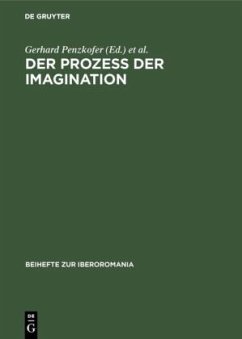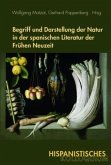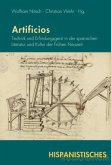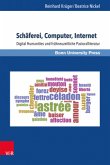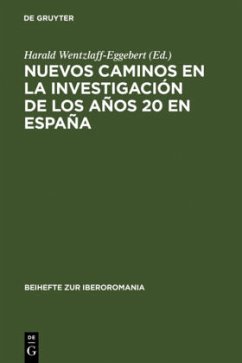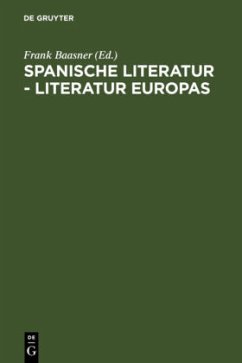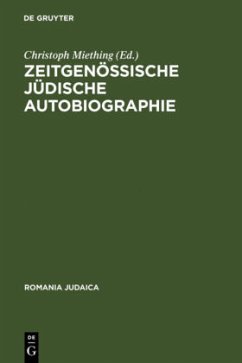The title of this publication refers to a development which ran parallel to the emergence of the early modern age and was marked by passionate disputes. It was of special relevance to Spanish culture and literature. The contributions draw on a wide-ranging text corpus to point up both the rivalry between magical and empirical knowledge and the interaction between critical control of the imagination and its aesthetic liberation. Special reference is made to the knightly romance, Cervantes, and Spanish baroque theatre.
Mit »Prozeß der Imagination« wird in diesem Band eine von spannungsvollen Auseinandersetzungen geprägte Entwicklung bezeichnet, welche die Entstehung der frühen Neuzeit begleitet und dabei für die spanische Kultur und Literatur eine besondere Relevanz aufweist. Die einzelnen Beiträge verfolgen an einem breit gefächerten Textcorpus sowohl die Verhandlung zwischen magischem und empirischem Wissen als auch die Interaktion zwischen kritischer Kontrolle der Imagination und ihrer ästhetischen Befreiung. Besondere Schwerpunkte bilden der Ritterroman, Cervantes und das spanische Barocktheater.
Mit »Prozeß der Imagination« wird in diesem Band eine von spannungsvollen Auseinandersetzungen geprägte Entwicklung bezeichnet, welche die Entstehung der frühen Neuzeit begleitet und dabei für die spanische Kultur und Literatur eine besondere Relevanz aufweist. Die einzelnen Beiträge verfolgen an einem breit gefächerten Textcorpus sowohl die Verhandlung zwischen magischem und empirischem Wissen als auch die Interaktion zwischen kritischer Kontrolle der Imagination und ihrer ästhetischen Befreiung. Besondere Schwerpunkte bilden der Ritterroman, Cervantes und das spanische Barocktheater.

